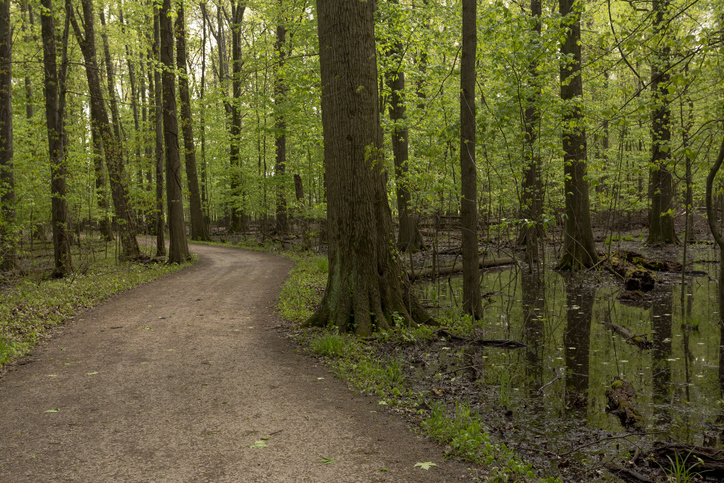Bag Ban is Good for Shops and Shoppers
July 27, 2012
Anyone who has participated in a beach or neighborhood cleanup can tell you the environmental argument for banning plastic bags is obvious: plastic bags choke, entangle and generally suck the life out of any habitat. In Rhode Island, with its abundance of coastal areas, wetlands and rivers, discarded bags easily disappear into waterways, where the effects can be devastating to aquatic plants, turtles, fish and shellfish.
Three Rhode Island towns — Barrington, Middletown and Warren — are considering restrictions on retail plastic bags. The Barrington Town Council will discuss a proposal Monday night.
The argument against the ban, however, will likely be an economic one. Opponents will no doubt claim that a ban will burden businesses and consumers with the cost of buying bags that are more expensive than thin-film bags. Typically, paper bags cost about 10 cents apiece for retailers to buy. A thin-film plastic bag costs less than a penny.
Leaving out the environmental and societal costs of plastic bags, there’s little proof that plastic bag bans pose an economic burden on shoppers or retailers. In fact, cities and town with bag bans have shown to save money for consumers and retailers in the short and long term.
Westport, Conn., banned plastic bags in 2008. During the first year of the ban, there was a 70 percent increase in the use of reusable bags, and some 600,000 fewer plastic bags were handed out at the register. Therefore, retailers spent less on “free” bags, and perhaps those that sold reusable bags even made money. In the long term, about 2 million fewer plastic bags have been used in Westport annually since the ban took effect. Overall, between 50 percent and 60 percent of shoppers use reusable bags.
Westport public schools also acted to support the ban and helped embrace the movement to keep the town plastic bag free, according to Jeffrey Wieser, a representative on the Westport Town Meeting board.
“It’s actually been quite remarkable,” Wieser said of the positive response in the community. Shoppers continued spending and retailers big and small continue to thrive. “The world has not ended. It’s a very vibrant downtown.”
Stop & Shop, Walgreens, CVS and Ann Taylor didn’t close their doors in Westport, and consumers are more conscious of their impact on the waste stream, Wesier said. “You feel better about shopping. You really do change behavior and people feel good about it. It’s not a detriment,” he said.
A “reusable bag ordinance,” as Wieser prefers to call the bag ban, also spurs innovation. While there are no plastic bag manufacturers in New England, there are reusable bag makers such as Enviro-Tote in New Hampshire, ApRi in Providence and countless local craftmakers who can ramp up sales of their homemade shopping totes.
From an economic standpoint, the bag ban is an exercise in the notion of “free” as it relates to costs for shops and shoppers. As a columnist for the Christian Science Monitor described it, having to think about whether you need a plastic bag makes all the difference, as it did in cutting plastic bag use in Washington, D.C.
“Free is a risky price because it allows people to get something without really thinking about whether they want it,” Donald Marron wrote. “That’s why health insurers insist you pay at least $5 to see your doc or get a prescription. And it’s why D.C.’s nickel bag tax has been so effective in cutting use of plastic bags.”
In Barrington, the decision of charging a fee for bags will be up to the store owners, as it is in Westport. But with a bag ban everyone has more control over the costs and how they want to pay them.
Tim Faulkner is the senior reporter for ecoRI News.
Categories
Join the Discussion
View CommentsYour support keeps our reporters on the environmental beat.
Reader support is at the core of our nonprofit news model. Together, we can keep the environment in the headlines.
We use cookies to improve your experience and deliver personalized content. View Cookie Settings



